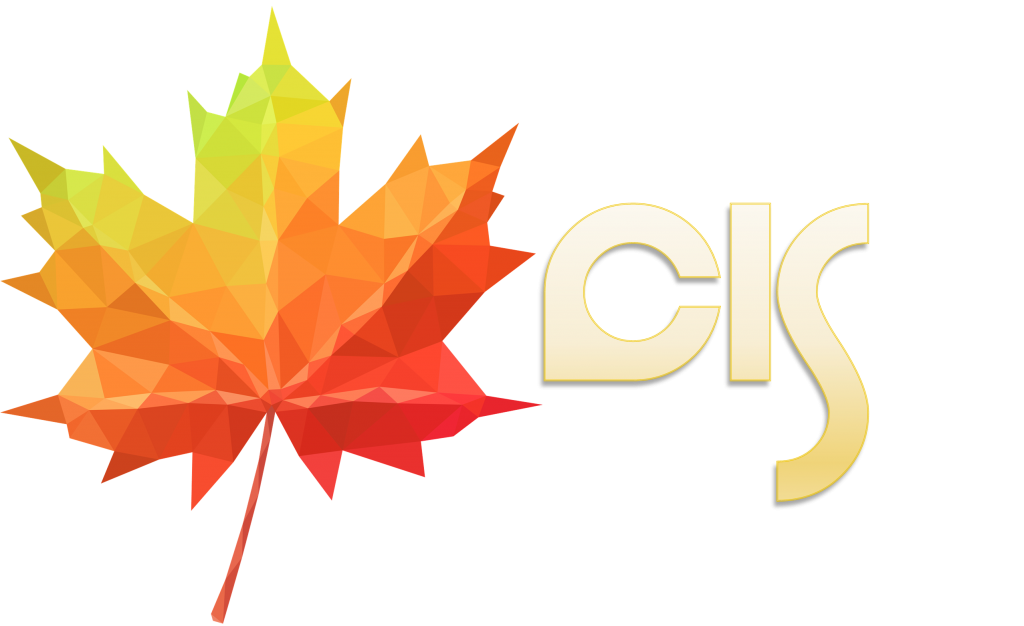Work in Canada 2024:
Top 10 Jobs for Foreigners
Home » Blog » Work in Canada » The Best In-Demand Jobs in Canada for Foreigners in 2024
Welcome to our comprehensive guide on working in Canada in 2024-2025! If you’re a foreigner looking to explore exciting job opportunities in the Great White North, you’re in the right place.
In this article, we’ll unveil the top 10 job prospects for foreigners in Canada, providing insights into the industries that are booming and in-demand.
Get ready to discover your path to a rewarding career in one of the world’s most welcoming and vibrant countries. Let’s dive in!
Table of Contents
Top 10 popular jobs for 2024-2025
If you didn’t find your profession in this list, don’t worry, it’s just 10 positions out of hundreds.
There are a lot of options for you, you can get in touch with one of our consultants to check your opportunities.
Salary and Conditions
Salaries typically start from $14 per hour and depend on your qualification, experience, and professional area.
The average salary is $52,600 per year and higher. The average working hours are 36-40 hours per week on a full-time job. Every worker is entitled to 2-3 weeks of paid vacation every year.
If you come here for studies, you can also work while studying. Here is the most recent pay list per Canadian province!
Minimum Hourly Wage Per Canadian Province
Alberta
$15.00
as of 26-Jun-19
British Columbia
$16.75
as of 01-Jun-23
Manitoba
$15.30
as of 01-Apr-23
New Brunswick
$14.75
as of 01-Apr-23
Newfoundland and Labrador
$14.50
as of 01-Apr-23
Northwest Territories
$16.05
as of 01-Apr-23
Nova Scotia
$15.00
as of 01-Apr-23
Nunavut
$16.00
as of 01-Apr-20
Ontario
$16.55
as of 01-Apr-23
Prince Edward Island
$15.00
as of 01-Apr-23
Quebec
$15.25
as of 01-May-23
Saskatchewan
$14.00
as of 01-Apr-23
Yukon
$16.77
as of 01-Apr-23
Federal
$16.65
as of 01-Apr-23

Thinking of working in Canada? Let us help you!
How to get a job in Canada?
Searching for a job might seem challenging and even overwhelming, especially when you realize that the success of your immigration largely depends on your ability to find employment.
Don’t worry – our recruitment experts prepared some advice for you.
Keep calm and focused on your future successful employment.
To start with, follow these tips:
Prepare your CV and upload it to job search websites, such as Indeed Canada, Glassdoor, Monster Canada, CareerBuilder Canada and other.
This is one of the most popular ways to find and get a job offer.
You just need to monitor these websites and send your CV for suitable vacancies.
The more you send, the more chances to get an answer. However, keep in mind that a specific CV format is required, Spend some time knowing how to create a strong CV for Canadian employers.
LinkedIn is a social network for employers and employees.
You should fill your profile as extensive as you can to attract Canadian HR Managers.
Also, we recommend joining groups related to your working area.
Your profile has to show an active life on this website and your interest in pursuing your career.
This is a popular method because a large part of the work will be done for you.
Keep in mind: in most cases, you’ll have to pay for this service.
Recruiting agencies are working with employees and with Canadian employers.
Their task is to get you a job, as well as find employees for companies.
Therefore, they are interested in getting an employment offer.
Some agencies operate in specific professional areas.
Therefore, if you find one that is relevant to your profession, then the chances of success will be even higher.
If this method suits you, then just type in Google the query “Recruiting Agencies in Canada”, study the proposed options, and select the appropriate one.
This is the simplest option, because the immigration agency takes care of every part of the process.
Immigration and recruitment experts can help you with:
- writing a CV and a Cover Letter,
- consulting you on how to fill out your LinkedIn profile.
- connecting you to employers
- checking your language level and suggest language courses, if needed.
Get a Job in Canada: Hear From Our Successful Clients!
Searching for a job might seem challenging and even overwhelming, especially when you realize that the success of your immigration largely depends on your ability to find employment.
Don’t worry – our recruitment experts prepared some advice for you. The experts of CanadaCIS would be happy to provide you with assistance in your job search and immigration process – just reach out to us and be one of our success stories!





Work Permit Types
In order to work legally, you need appropriate documents.
Work permit is one of the options. There are 2 types of work permits:
An employer-specific work permit allows you to work according to the conditions on your work permit, which include:
- the name of the employer you can work for
- how long you can work
- the location where you can work (if applicable)
An open work permit allows you to work for any employer in Canada, except for an employer:
- who is listed as ineligible on the list of employers who have failed to comply with the conditions or
- who regularly offers striptease, erotic dance, escort services, or erotic massages
When you may be eligible for an open work permit:
- You are an international student who graduated from a designated learning institution and are eligible for the Post-Graduation Work Permit Program;
- You are a student who’s no longer able to meet the costs of your studies (destitute student)
- You have an employer-specific work permit and are being abused or at risk of being abused concerning your job in Canada;
- You applied for permanent residence in Canada;
- You are a dependent family member of someone who applied for permanent residence;
- You are the spouse or common-law partner of a skilled worker or international student;
- You are the spouse or common-law partner of an applicant of the Atlantic Immigration Pilot Program;
- You are a refugee, refugee claimant, protected person or their family member;
- You are under an unenforceable removal order;
- You are a temporary resident permit holder;
- You are a young worker participating in special programs;
In each of these situations, you must meet additional criteria to be eligible.
Temporary jobs
Immigration is a life-changing step, and you might not feel ready to change your life forever. It’s okay!
If you don’t feel like buying a one-way ticket yet, you can try to find a temporary job (for one season/few months/one year).
This option opens an opportunity to find out if this country is right for you and if you want to move here for life.
While working, you encounter circumstances you never come across during traveling.
You’ll need to rent an apartment, pay bills, go to the doctor, open a bank account, etc.
This experience will answer all of your questions better than any consultant, relative or friend.
At the end of the day, every person is different, and it’s always better to make decisions based on your feelings and experiences.
Simplified Immigration Procedure
1. Eligibility Assessment
Our RCIC will check if you fit the basic immigration requirements
2. Choosing a Program
There are over 80 available immigration programs!
3. Pass A Language Test
High language skills open your more opportunities!
4. Documents preparation and application submission
For each program, there is a checklist: ID, work experience proof, education certificates, CV, Cover Letter, and more.
5. Decision of the Government
Only the Canadian government can approve or disapprove your visa application
6. Flight to Canada
After your visa is approved, you're good to go and book your tickets for Canada! 🙂
How Can The IELTS Exam Increase Your Chances of Getting A Job in Canada?
The IELTS (International English Language Testing System) exam is widely recognized in Canada and many other countries as a measure of English language proficiency. Taking the IELTS exam can increase your chances of getting a job in Canada in several ways:
Job Requirements:
- A strong IELTS score can demonstrate your ability to communicate effectively in English, making you a more appealing candidate to potential employers.
Professional Registration and Licensing:
- In certain professions and industries, obtaining professional registration or licensing may be necessary for employment.
- Language proficiency, often demonstrated through the IELTS exam, may be a requirement for obtaining such professional recognition.
Communication Skills:
- Effective communication is essential in the workplace, and a high IELTS score indicates your ability to communicate fluently in English.
- Employers may see strong language skills as an asset, especially in roles that require interaction with clients, colleagues, or the public.
- Employers may see strong language skills as an asset, especially in roles that require interaction with clients, colleagues, or the public.
'📺 Watch More Information About Work in Canada
Canadian Immigration
Let’s summarize: foreign workers are very welcome in Canada!
For skilled professionals, there are many opportunities to find a job in 2024.
Our country welcomes international workers from all over the world, provides an attractive salary and great conditions.
You have several ways to get a job here, including of the two work permit types.
If you haven’t decided to immigrate yet, you can get a temporary job offer to experience the local life and discover the country better.
We offer a 6 step procedure, in order to simplify the process for you.
All you need to do is to decide to change your life for a better future and push the button to start.
We are here to help you and answer all your questions – feel free to reach out!













